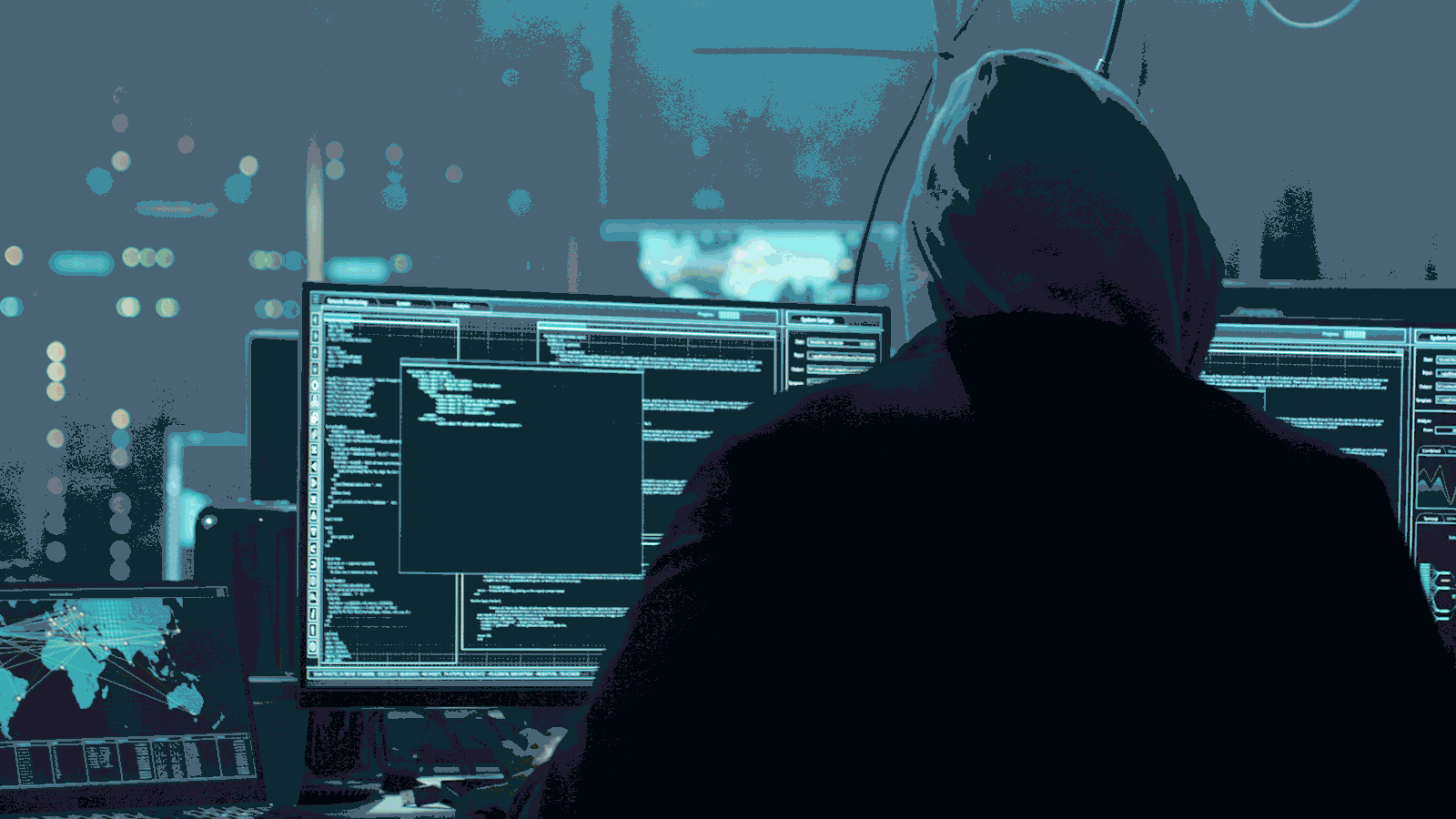Public WIFI Risks

Public Wi-Fi networks in places like coffee shops, airports, and hotels are vulnerable to security threats. These networks often lack proper encryption, making it easy for cybercriminals to intercept sensitive data, such as login information and credit card numbers. Experts recommend avoiding the use of public Wi-Fi for accessing sensitive accounts or conducting financial transactions.
Using a Virtual Private Network (VPN) can help encrypt internet traffic and reduce the risk of hackers accessing personal data. Turning off automatic Wi-Fi connections and using mobile data when necessary can also improve security.
Public Wi-Fi is also at risk of rogue hotspots, where attackers create fake networks to steal credentials, and packet sniffing, where data is intercepted and analyzed. Users should verify the legitimacy of the network before connecting and avoid logging into sensitive accounts. Enabling firewalls and using HTTPS websites can add additional protection.
Businesses and public institutions should secure Wi-Fi networks with encryption, firewalls, and authentication to protect users. Educating the public on the risks and promoting secure alternatives, like personal mobile hotspots, can enhance online safety.
Main Risks:
- Vulnerability of Public
Wi-Fi:
Public Wi-Fi networks in places like coffee shops, airports, and hotels are often unsecured and lack proper encryption, making them vulnerable to cybercriminals who can intercept sensitive data such as login information and credit card numbers. -
Risks of Using Public Wi-Fi for Sensitive: Activities: Experts recommend avoiding the use of public Wi-Fi for accessing sensitive accounts or conducting financial transactions due to the potential security threats.
-
Rogue Hotspots:
Public Wi-Fi is at risk of rogue hotspots, where attackers create fake networks to steal credentials and personal information. Always verify the legitimacy of a network before connecting.